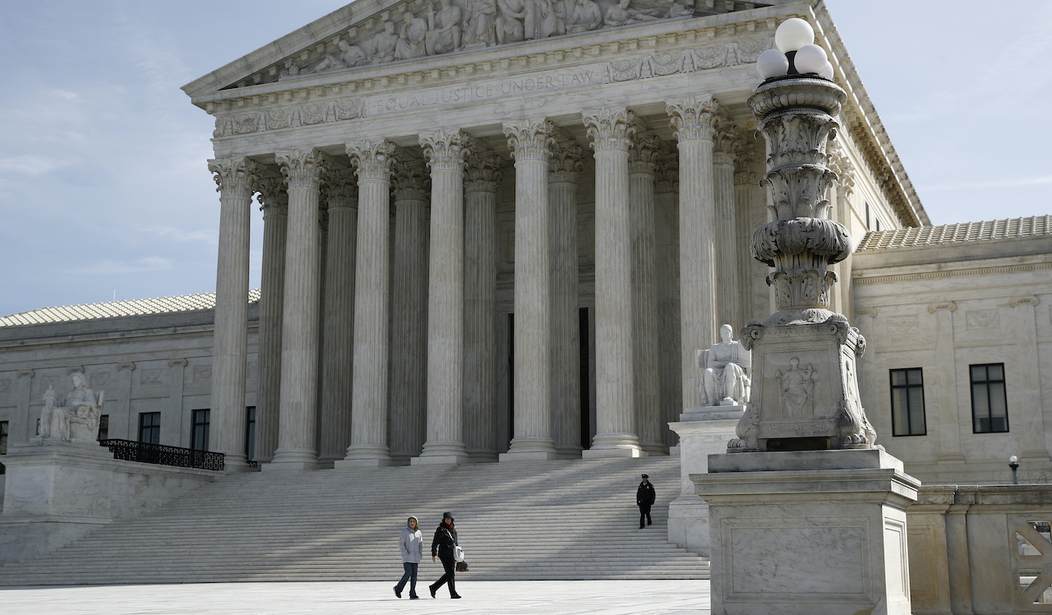When a law is challenged in court, what’s really being challenged is whether that law is constitutional or not. The constitutionality of any given law is something we should always be questioning. Just because we think it may yield some benefit or not is irrelevant. What matters is whether that law should exist within the framework the Founding Fathers provided.
However, it seems that some people don’t really believe that.
One such person got to write their opinion at Newsweek:
Kyle Rittenhouse’s recent acquittal portends a dire future: one in which anyone can bring a loaded weapon anywhere, and where daily encounters can turn into deadly shootouts within seconds. Luckily, states are free to regulate the concealed carry of weapons, while balancing the rights granted by the Second Amendment. But right now, the Supreme Court is considering a case that could have sweeping implications for the safety of my constituents and many other Americans. In New York State Rifle & Pistol Association Inc. v. Bruen, the Court must grapple with the very real tensions between public safety and constitutional rights.
…
Many gun regulations, like so much else in our legal system, do have a racist and anti-immigrant origin story and are frequently applied unequally to people of color. But my state’s concealed-carry permit law comports with a long, if imperfect, history and tradition of regulating guns in public spaces. Conservative justices have long held these traditions sacrosanct when interpreting the Second Amendment. It remains to be seen whether this fealty to history comes from a genuinely held belief, or is simply a convenient means to an end. Regardless of how the Court rules, my colleagues and I stand ready to continue legislating in the best interest of the communities we represent. As one of the people closest to this problem, I believe elected officials like me should be closest to crafting the solution.
In other words, this New York state lawmaker believes that he and his colleagues should be free to pass whatever laws they want and the courts should give deference to their decisions rather than consider the constitutionality of those laws.
And there have been times the Supreme Court did just that. Pliesy vs Fergeson, for example, essentially sided with state legislatures so long as segregated institutions were “separate but equal.” How did that work out?
They also sided with lawmakers in Korematsu v United States, when the court decided American concentration camps were just fine.
So there have been times when the Supreme Court simply allowed the legislature to do as they wished and not to worry about the constitutionality of the subject. Those aren’t good things, though.
However, the courts went against legislatures in cases like Brown v Board of Education which ended school segregation. They did so again Loving v Virginia, a case that put an end to “anti-miscegenation” laws that forbid interracial marriage.
Time and time again, we can find cases where the Supreme Court sided with lawmakers and allowed bad laws to stand. To claim that legislatures deserve deference simply because they’re “closest to this problem” without considering just how many bad laws have been upheld under similar thinking is insane.
When the courts consider the constitutionality of a law, including a law that provides such subjective requirements to exercise a basic constitutional right as the right to keep and bear arms, what lawmakers want or believe needs to be irrelevant. That includes those who oppose such requirements, to be clear.
All that matters is whether the law is just within the framework of the Constitution or not. That’s it.
Sometimes, a lawmaker’s proximity to the problem is precisely why their opinions on the subject should be considered suspect. It’s why we have the Constitution to begin with.








